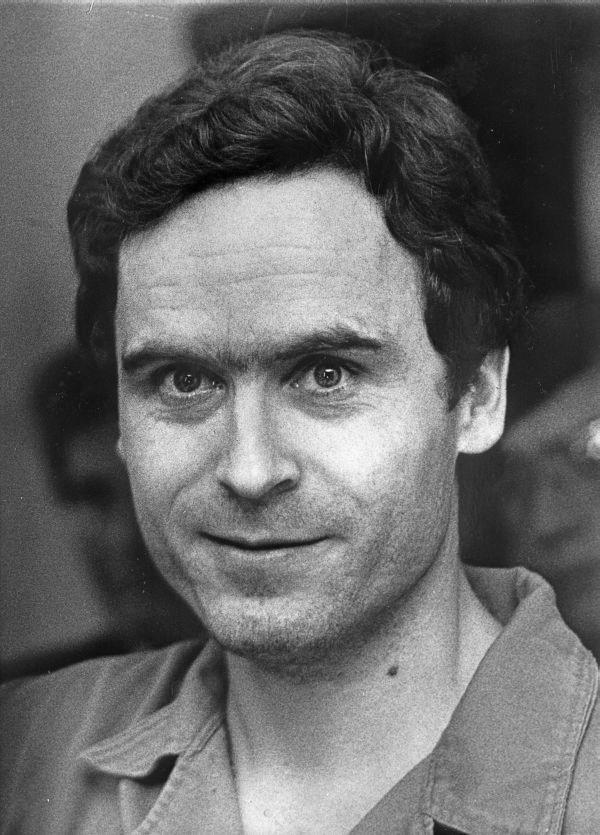 Many of us have either watched or heard stories about serial killers and there are a few questions that we naturally ask: Why would they kill all those people? Did it give them pleasure to keep taking lives? Were they really unwell?
Many of us have either watched or heard stories about serial killers and there are a few questions that we naturally ask: Why would they kill all those people? Did it give them pleasure to keep taking lives? Were they really unwell?
The truth is no one is born crazy or driven to do evil but circumstances, like childhood traumas, can have a significant impact in determining the psychology of some of us, including serial killers.
Let’s take the case of Ted Bundy, the infamous serial killer who brutally murdered at least 30 women across a number of states in the US, in addition to committing robberies, car theft and juvenile crimes. He kidnapped, assaulted and raped his victims before killing them. In interviews, he recalled the heightened pleasure and thrill he experienced after these acts. Bundy managed to escape from police custody more than once and was on the run for several years. During this time, he continued his killing spree and admitted that he spent most of his free time fixating on how to find his next victim.
He appeared charismatic, focused and relaxed, with an overblown self-esteem in interviews. He described himself as spontaneous and smart but felt like he could not relate to people or fit into society, so he withdrew and kept to himself. He considered the police and others involved in his trial his only friends as their interactions pleased him. He acknowledged that his actions were wrong and could not claim innocence. He also admitted to switching from feeling euphoric, excited, and energised to being down within short spans over the years but did not think he was depressed. Bundy also stated that he enjoyed voyeurism, necrophilia and admitted to having constant thoughts of killing women and keeping their bodies.
So there we have the story of a deeply perturbed serial killer but what possibly could have provoked him into following such a path? Is it that he wanted to keep killing after his first kill or that he couldn’t help himself?
We might never truly find the answers to these questions but here are some facts worth considering in our quest towards understanding why Bundy did what he did. Bundy came from a family with a history of mental illness. He expressed admiration for his grandfather, whom he witnessed commit many cruel and abusive acts. He discovered that his sister was actually his mother and his grandmother, who had assumed the role of his mother, kept that fact from him. Who he assumed to be his grandfather was actually his father. Could all of these elements have played a central role in determining who Ted Bundy ultimately became? I’ll leave that for you to figure out.
Alicia Roopnaraine is a Psychologist at the Georgetown Public Hospital Corporation’s Psychiatric Department. You can send questions or comments to her at aliciaroopnaraine@gmail.com




